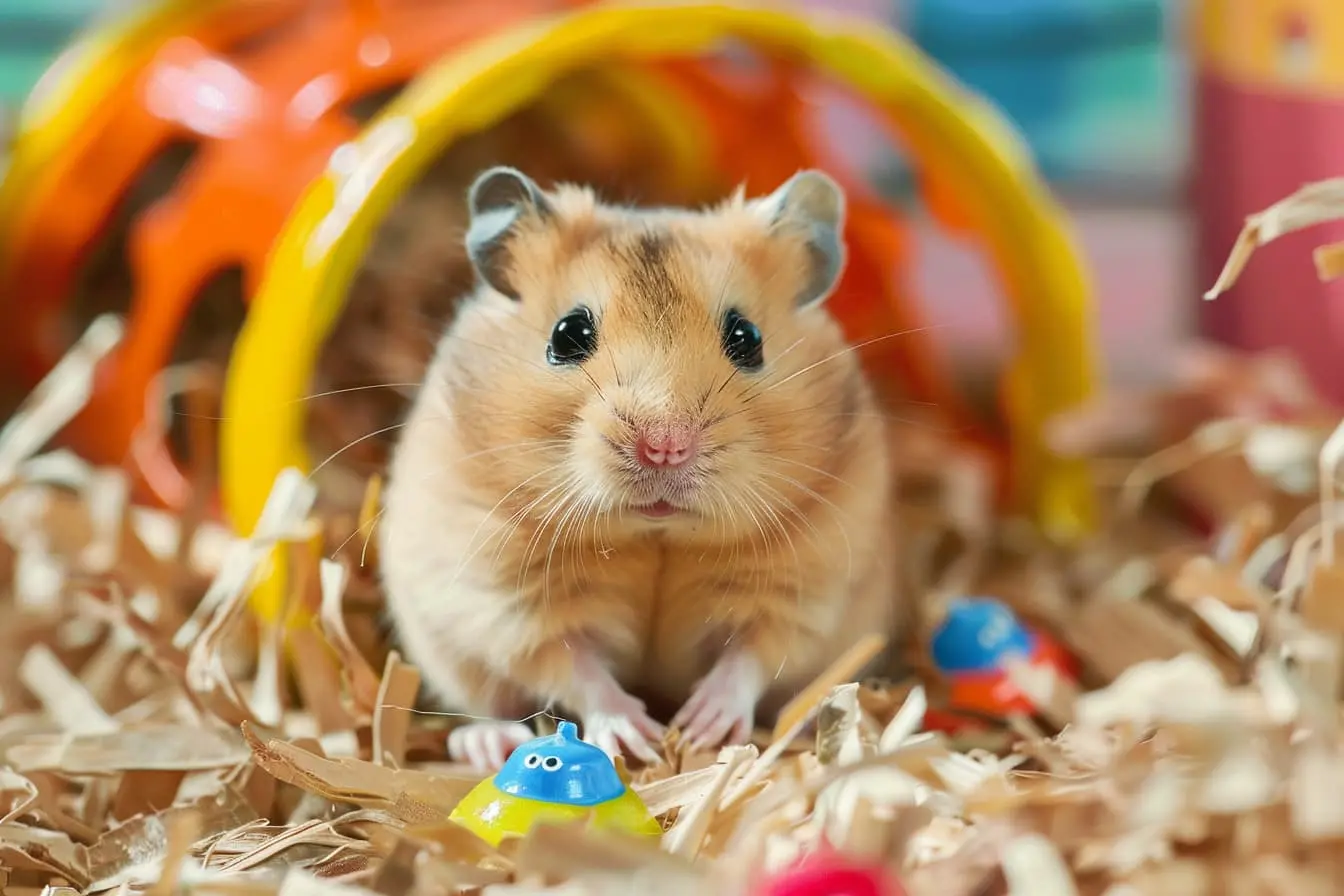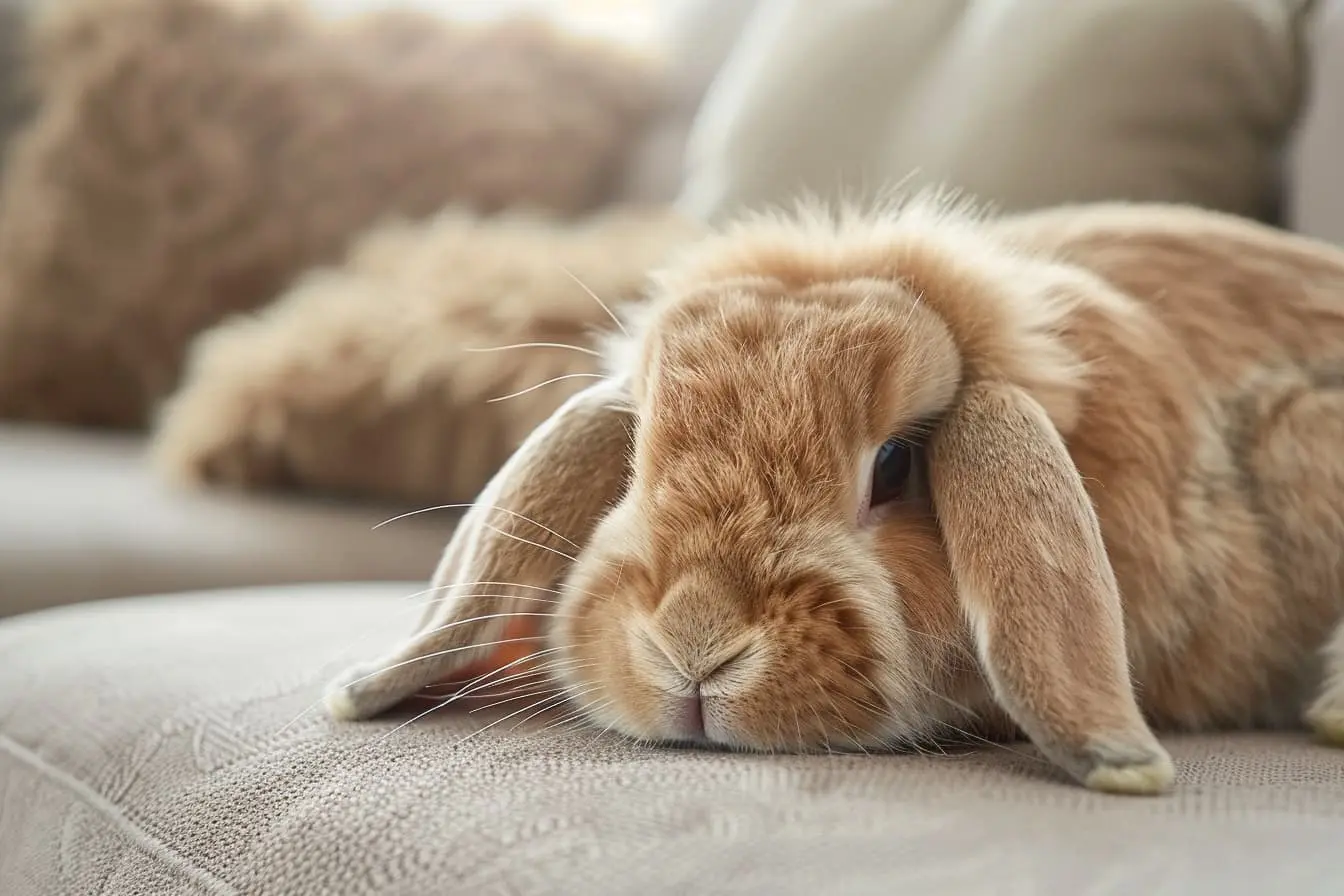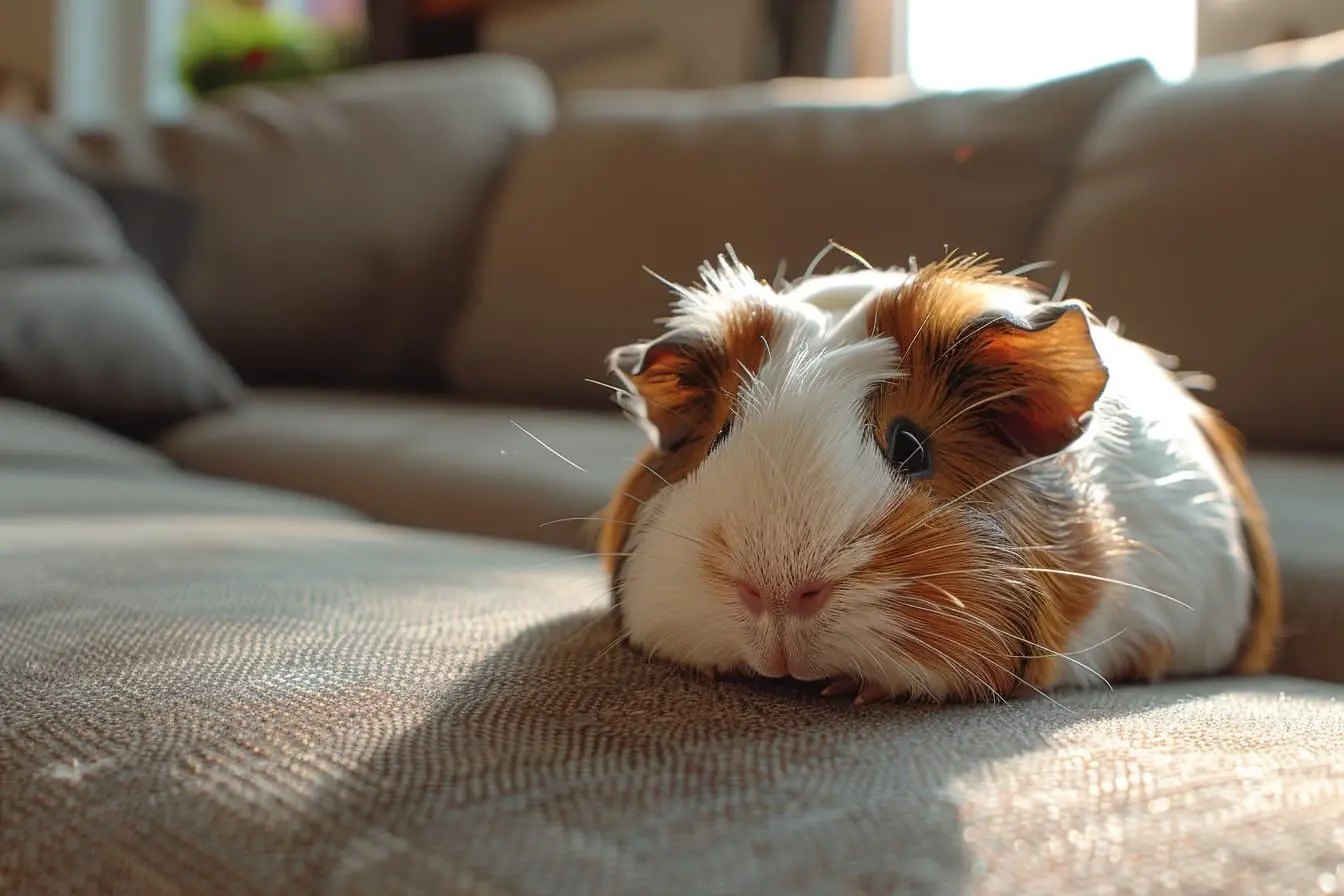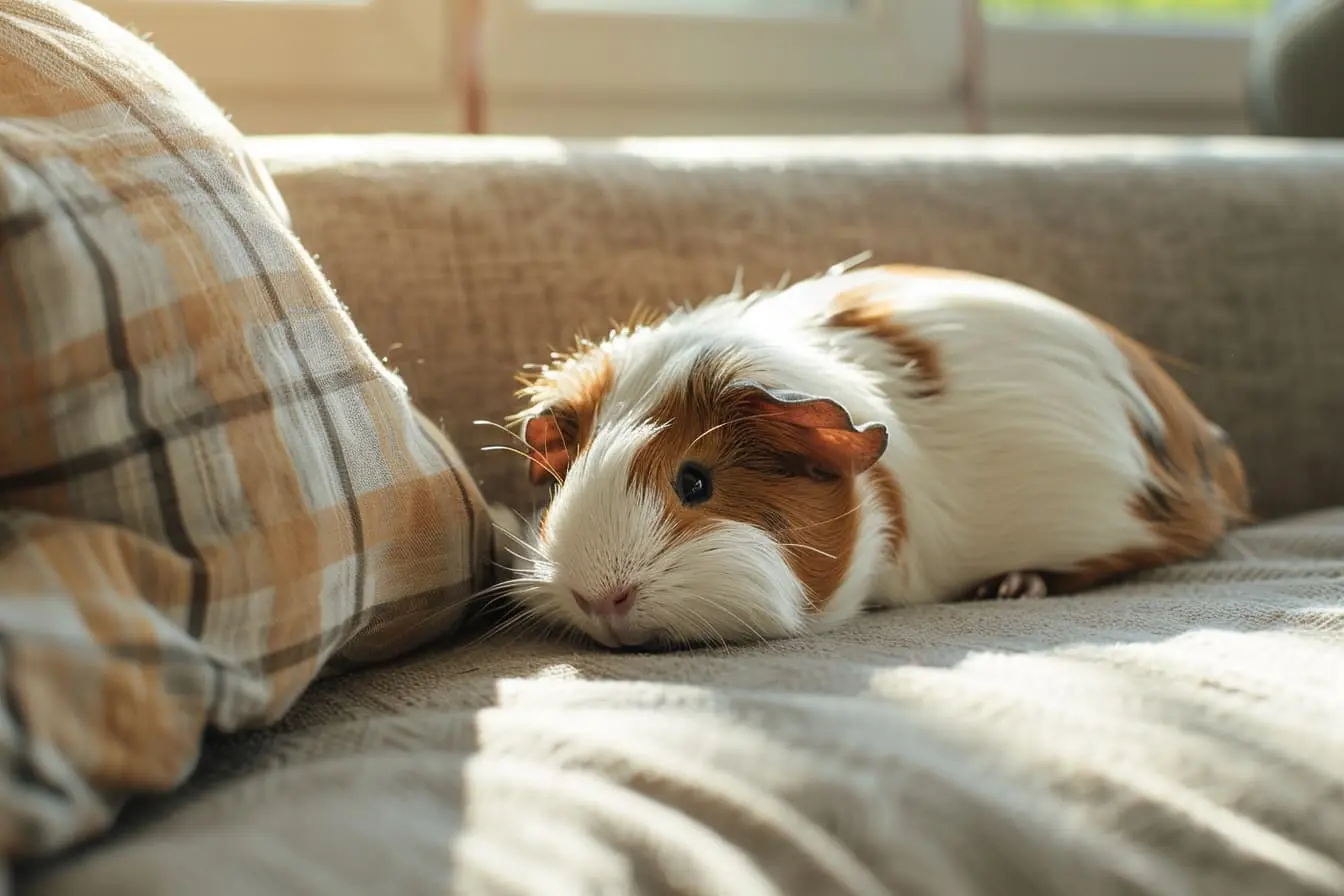
Choosing Your Perfect Hamster Companion
Hamsters are one of the most popular pets, cherished for their cuteness, relatively simple care requirements, and small size, making them perfect for indoor living. However, not all hamsters are the same, and the breed you choose can significantly impact your experience as a pet owner. This guide will delve into the different hamster breeds available, their specific needs, and other critical considerations for prospective hamster owners.
Understanding Hamster Needs
First and foremost, it's important to note that all hamsters require a clean, spacious cage with plenty of bedding for burrowing, a wheel for exercise, access to fresh food and water, and occasional treats. Hamsters are nocturnal, so be prepared for nighttime activity. They also enjoy toys and tubes for exploration and hiding.
Popular Hamster Breeds
- Syrian Hamster: Often known as the Golden Hamster, Syrians are solitary animals that must live alone from the age of 10 weeks to avoid fighting. They are larger than dwarf species, making them easier to handle, and have a friendly disposition. They require a cage of at least 80cm x 50cm.
- Russian Dwarf Hamster: Including Campbell’s Russian Dwarf and the Winter White Russian Dwarf, these hamsters can live in pairs or small groups if introduced properly and at a young age. They are smaller and faster, making them a bit more challenging to handle. They need a minimum cage size of 70cm x 40cm.
- Roborovski Hamster: The smallest and fastest of the common pet hamster breeds, Roborovskis are known for their agility and energy. They can live in same-sex pairs or small groups if raised together from a young age. Due to their speed, they are not ideal for first-time hamster owners or young children.
- Chinese Hamster: Chinese hamsters are more mouse-like in appearance, with a longer tail. They are generally friendly and can live alone or with a partner. They are known for their climbing ability, so a cage with vertical space and secure lids is essential.
Other Considerations
- Space: Ensure you have enough space for a properly sized cage to allow your hamster to live a happy and healthy life.
- Handling: Some breeds are easier to handle than others. Syrian hamsters are often recommended for children due to their size and temperament.
- Care Commitment: Hamsters have a lifespan of 2-3 years, requiring daily care and interaction.
- Veterinary Care: Find a vet who is experienced with small animals to ensure your hamster receives proper healthcare.
Conclusion
Choosing the right hamster breed involves understanding the specific needs and characteristics of each type. Whether you prefer the solitary Syrian, the sociable Russian Dwarf, the speedy Roborovski, or the climbing Chinese hamster, there's a breed that's perfect for your lifestyle and experience level. By providing the right environment, diet, and care, you can ensure a happy and healthy life for your new furry friend. Remember, adoption is a fantastic option to consider, with many hamsters in rescues looking for their forever homes.
Vets near you
Speciality vets
- Aquatics vet specialists
- Birds vet specialists
- Camelids vet specialists
- Cats vet specialists
- Cattle vet specialists
- Deer vet specialists
- Dogs vet specialists
- Equines vet specialists
- Exotic vet specialists
- Goats vet specialists
- Pigs vet specialists
- Poultry vet specialists
- Sheep vet specialists
- Small Mammals vet specialists
- Wild vet specialists
Vet facilities
- Accessible by public transport
- Blood testing
- Car park nearby
- Client car park
- Dentistry
- Diagnostic imaging
- Disabled public access
- Flea and worm treatments
- Microchipping
- Mobile services
- Neutering
- Open at weekends
- Out-of-hours service
- Referral interests
- Referrals only
- Street parking outside
- Toilets available
- Vaccinations



